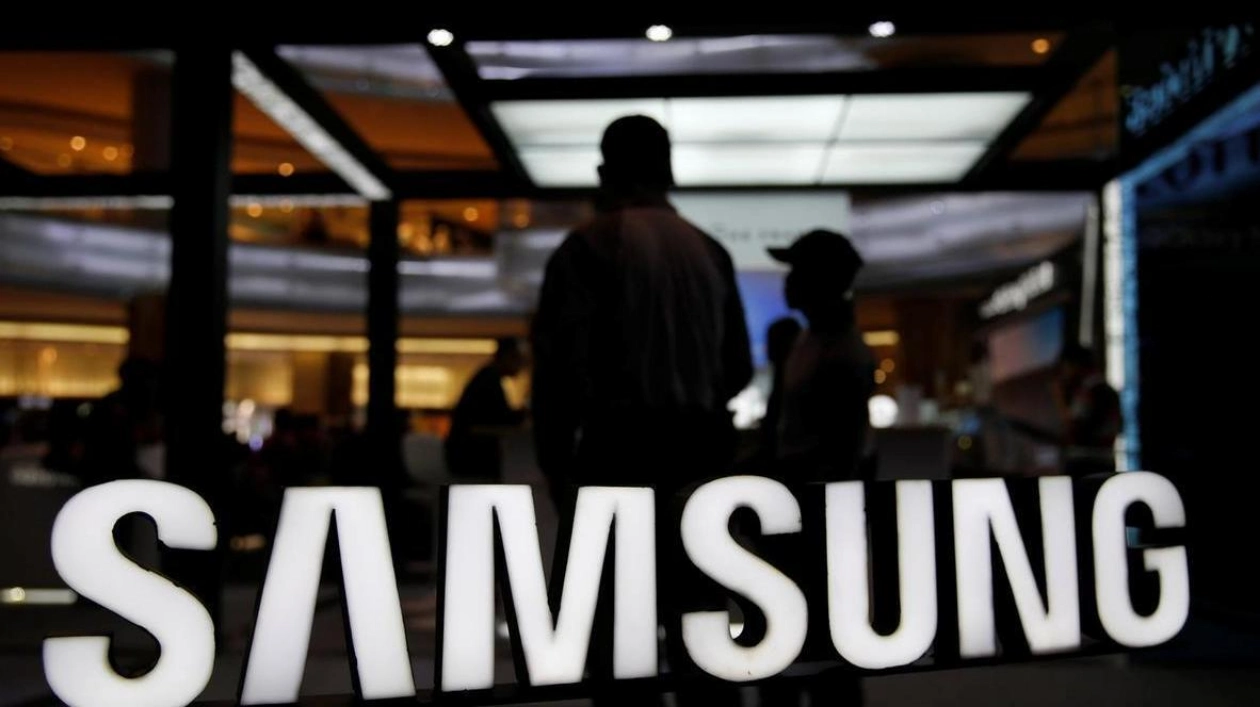Samsung Electronics has informed its striking workers in southern India that they will not be paid if they continue their protests and also risk termination, according to a company email. This move escalates the ongoing conflict between the company and its employees.
Since September 9, hundreds of Samsung workers have been protesting in a makeshift tent near the company's home appliances factory close to Chennai. Their demands include higher wages and the recognition of a union at the plant, which accounts for about a third of Samsung's annual India revenue of $12 billion.
Last week, Samsung filed a lawsuit against the protesting union in a district court, seeking a temporary injunction to stop sloganeering and speeches around the factory. However, the judge only urged a swift resolution.
In an email sent by Samsung India's HR team to some striking workers on Friday, the company declared the strike as "illegal" and stated that they would not be entitled to wages during the protest period. The email, seen by Reuters, read: "You shall not be entitled to wages from 09.09.2024 to the date you report back to work on 'No work No Pay' basis." The email also warned that if employees did not return to work within four days, they would need to explain why they should not be dismissed.
Samsung did not respond to a request for comment. However, last week, the company stated in a Reuters interview that it had started discussions with the workers at the plant to resolve all issues as soon as possible.
At least three striking Samsung workers confirmed to Reuters that they received the warning email from the HR team on Friday. The email also mentioned that Samsung management believes all issues can be resolved through discussions.
Samsung workers currently earn an average of Rs25,000 ($300) per month, according to the labour group CITU, which has been assisting the factory workers. They are demanding a raise to Rs36,000 ($430) over three years.
Samsung is reluctant to recognize any union backed by a national labour group like CITU, and negotiations with workers and state officials have not led to a resolution.






